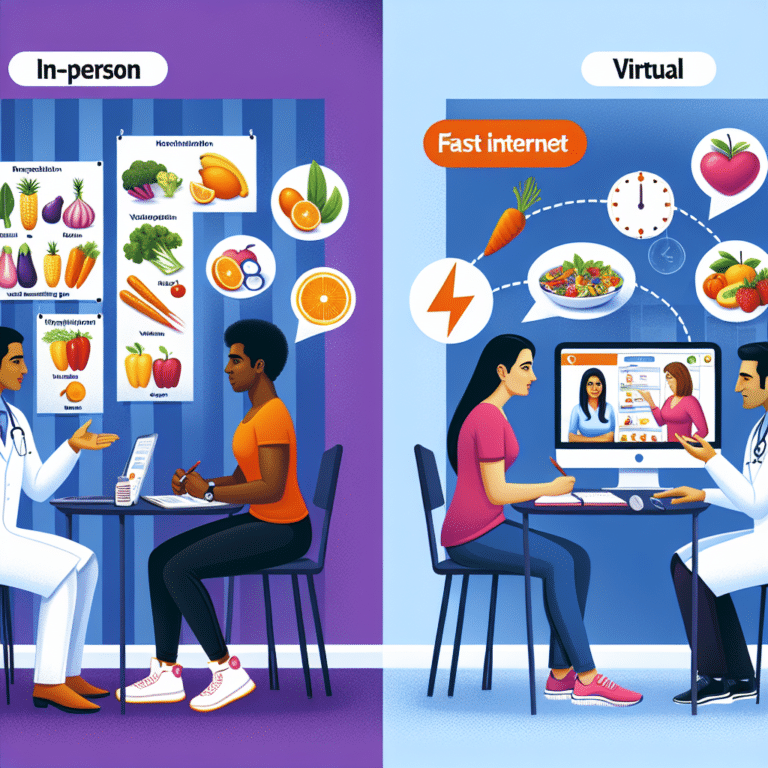Summary
- COVID-19 forced weight management interventions to shift to virtual delivery.
- A study compared engagement and weight outcomes between in-person and virtual interventions.
- Virtual participants attended more group sessions and had longer maintenance phone calls.
- No significant differences were found in other engagement or weight outcomes between delivery methods.
- Virtual weight management programs show promise for producing outcomes similar to in-person programs.
A study comparing in-person and virtual weight management interventions during the COVID-19 pandemic found that virtual delivery led to increased engagement in terms of attendance at group sessions and longer telephone calls. However, there was no significant difference in retention of weight data between the two delivery methods. The study suggests that virtual weight management programs show promise in producing outcomes comparable to in-person interventions.
The study included cohorts with a mean age of 47.3 and a majority of women and White participants. Virtual participants attended more group sessions and had longer maintenance telephone calls compared to in-person participants. While some engagement outcomes were boosted in the virtual group, overall weight outcomes did not significantly differ between the two delivery modalities. This highlights the potential of virtual weight management programs in achieving similar outcomes as traditional in-person interventions.
The results suggest that virtual weight management programs could be an effective alternative to in-person interventions, especially in light of the COVID-19 pandemic. Future research should focus on understanding how to promote and sustain engagement in virtual interventions to ensure long-term success in weight management outcomes. The study provides valuable insights for healthcare professionals looking to transition their weight management interventions to virtual platforms.
Source link
Public Health & Prevention, Psychiatry & Mental Health, Nursing


